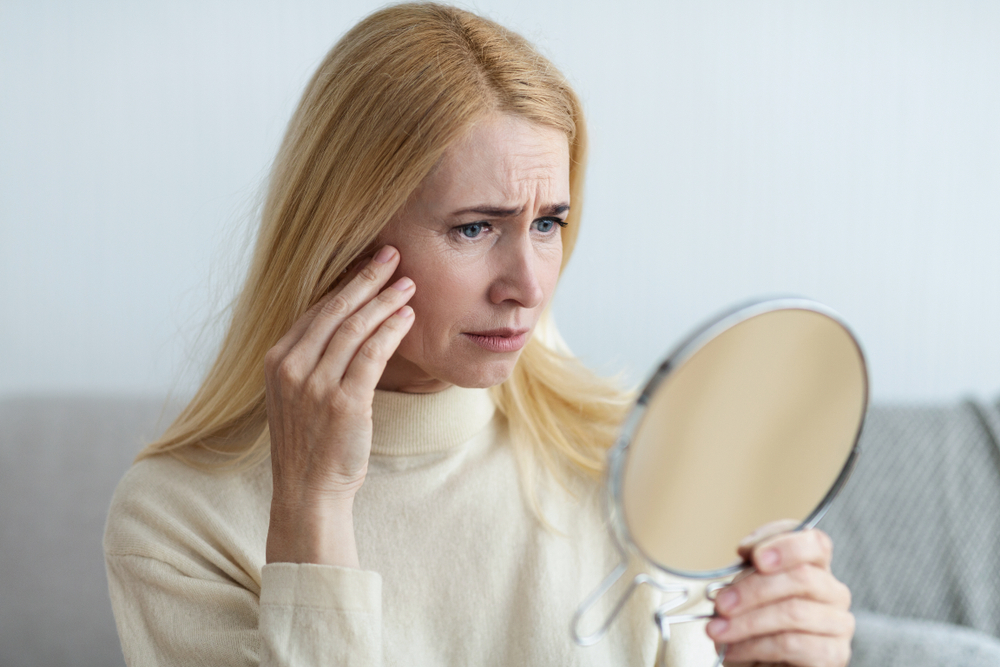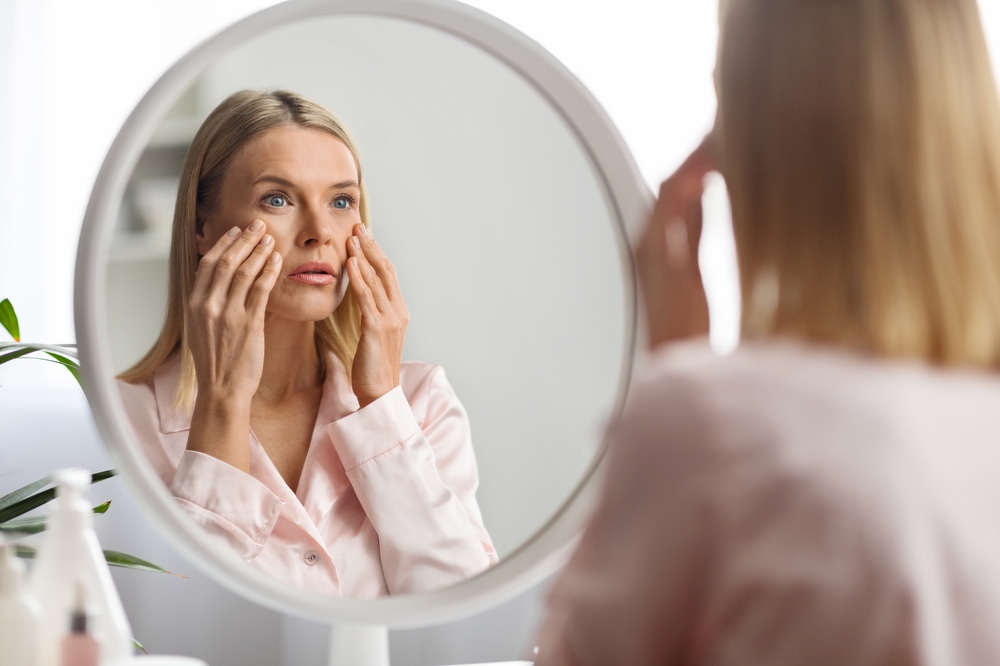Hair loss happens to men and women and while genetics play a big role in how fast you start shedding, your lifestyle could be making things worse. Everything from stress to diet, hair care habits, and even your products can contribute to thinning, breakage, and premature balding. If you’ve noticed more hair clogging up your drain or your ponytail feeling thinner, it’s worth looking at what might be causing it. Many of these factors can be controlled, and by making a few simple changes, you can slow down hair loss and keep your strands looking thicker and healthier.
1. Scalp Conditions
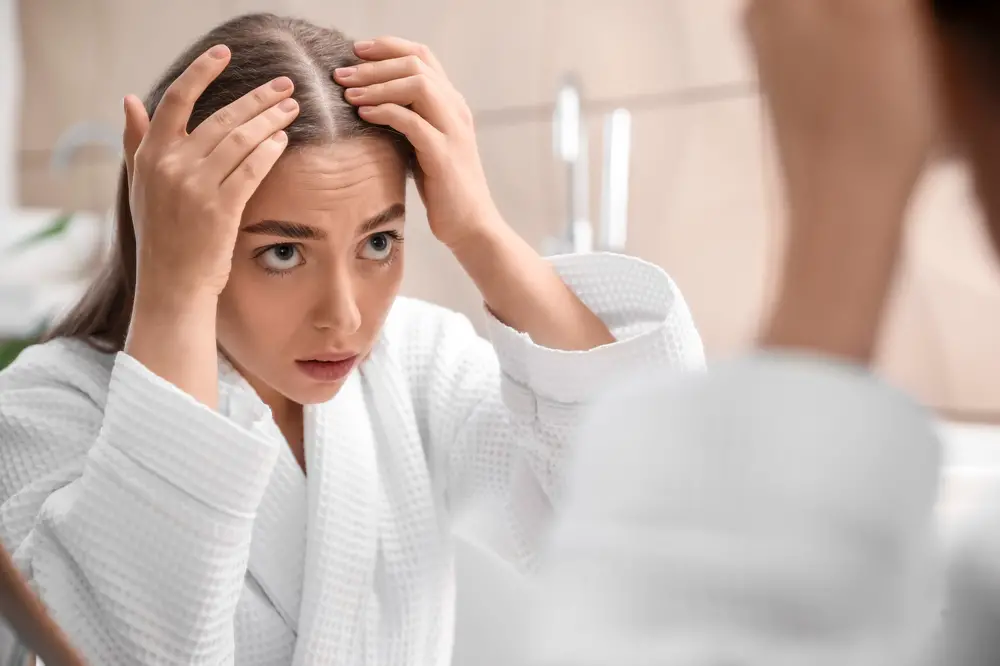
Your scalp is the foundation of your hair’s health; if it’s dry, irritated, or inflamed, your hair will suffer too. Conditions like dandruff, psoriasis, and seborrheic dermatitis can weaken the hair follicles, leading to thinning and excessive shedding. Fungal infections, such as ringworm, can also wreak havoc on your scalp, directly causing hair loss if left untreated. It could be a warning sign that something isn’t right if your scalp constantly feels itchy, flaky, or irritated, and untreated scalp conditions contribute to hair loss, according to the Mayo Clinic.
Ignoring scalp issues can speed up hair loss and make regrowth more difficult. The key is to keep your scalp clean, balanced and well-hydrated. Use gentle, sulfate-free shampoos and look for ingredients like tea tree oil or salicylic acid that help combat dandruff and irritation. If the problem persists, see a dermatologist to rule out infections or underlying conditions that might require medical treatment. A healthy scalp equals healthier, stronger hair.
2. Haywire Hormones
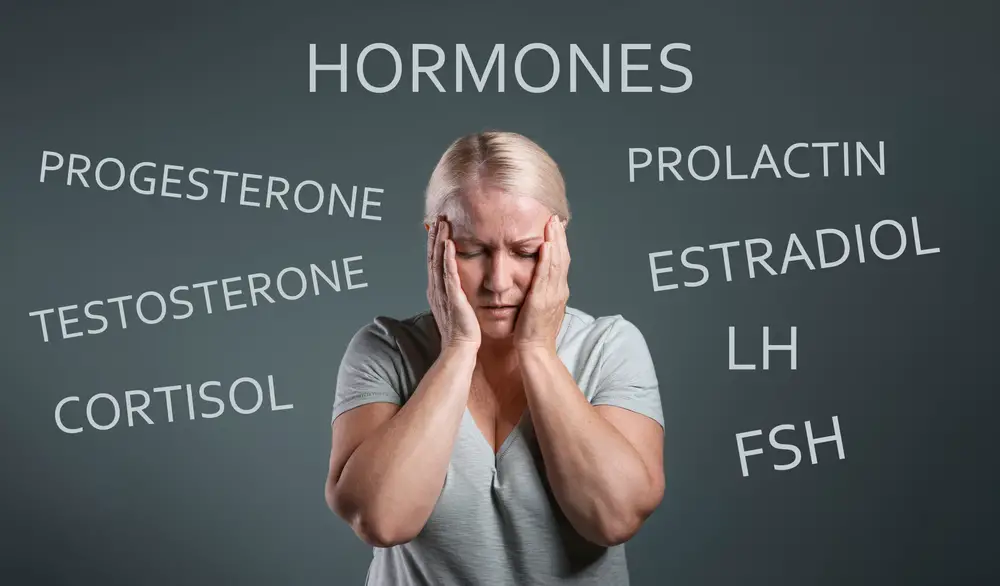
Hormones play a massive role in hair growth, and when they’re out of balance, shedding can happen fast. Women, in particular, experience hormonal fluctuations during pregnancy, postpartum, perimenopause, and menopause, all of which can contribute to thinning hair. According to the health experts at Forbes, shifts in estrogen and progesterone levels can trigger increased shedding. Thyroid imbalances can also accelerate hair loss, leaving you with weaker, finer strands.
If you suspect hormonal imbalances are behind your hair loss, don’t ignore it. Get your hormone levels checked by a doctor, and consider taking supplements like biotin, collagen, or vitamin D to support hair growth. Eating a nutrient-rich diet, reducing stress, and maintaining a healthy lifestyle can help stabilize your hormones and minimize hair thinning. When your hormones are balanced, your hair has a much better chance of thriving.
3. Elevated Stress Levels
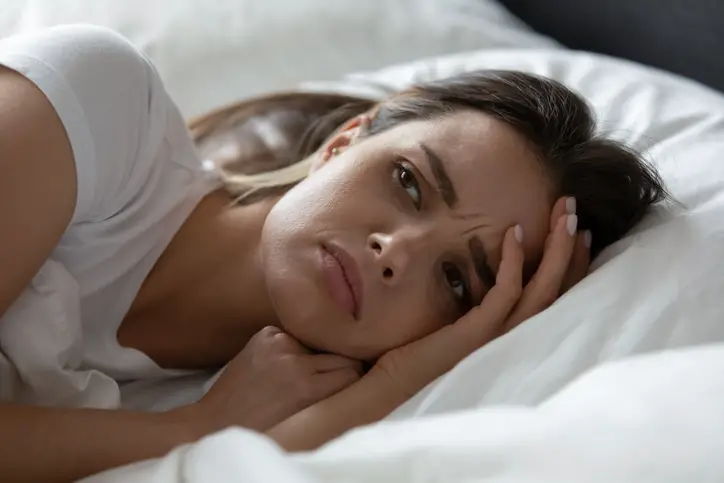
Stress doesn’t just affect your mood—it can also send your hair into a full-blown panic. When your body is under prolonged stress, it can push hair follicles into a resting phase, causing sudden and excessive shedding. This condition, known as telogen effluvium, often appears months after a stressful event, making it tricky to pinpoint the cause. Emotional distress, illness, or even major life changes can all trigger temporary hair loss.
Managing stress is crucial if you want to maintain healthy hair. Exercise regularly, practice mindfulness or meditation, and find ways to relax. Getting enough sleep and engaging in activities that bring you joy can also help regulate stress hormones and keep your hair’s growth cycle on track. Remember, your hair is not a survival necessity—so when your body is overwhelmed, it’s often the first thing to go.
4. An Unhealthy Diet

You are what you eat; if your diet is loaded with processed foods and lacking essential nutrients, your hair will show it. Iron, vitamin D, and protein deficiency can weaken your hair follicles, making them more prone to shedding. According to Healthline, omega-3 fatty acids and zinc are also crucial for maintaining strong, healthy strands, but many people don’t get enough from their daily meals.
To keep your hair in top shape, focus on a nutrient-dense diet with plenty of leafy greens, lean proteins, and healthy fats. Salmon, eggs, nuts, and seeds are all excellent for promoting hair growth. If you suspect you’re missing key nutrients, consider taking a high-quality supplement to fill in the gaps. A well-fed body equals stronger, healthier hair that’s less likely to fall out prematurely.
5. Toxic Hair Products
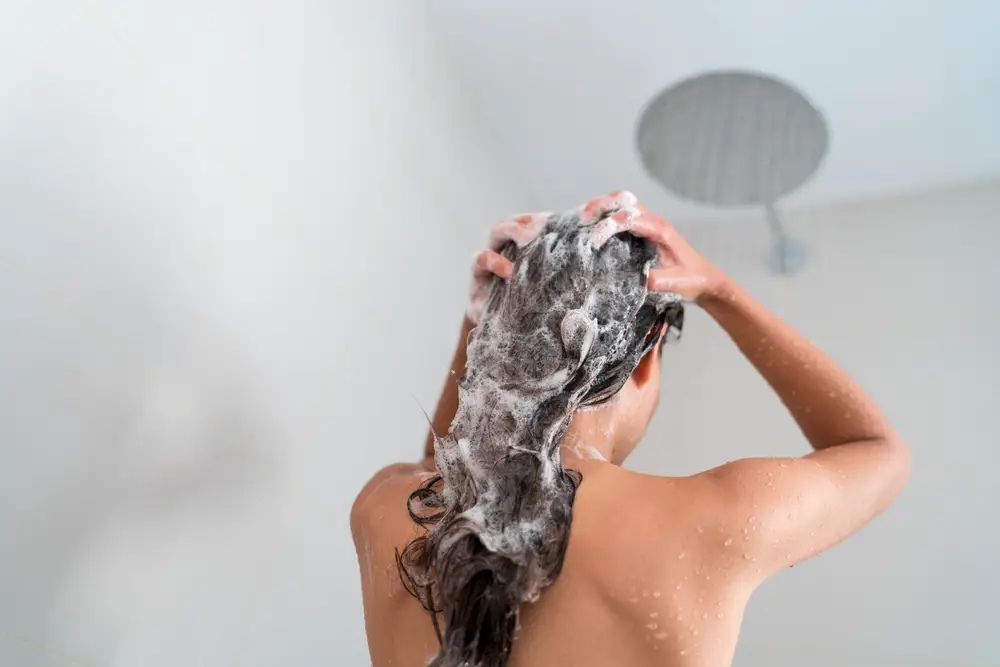
The very products you use to clean, style, and treat your hair might be doing more harm than good. Many shampoos, conditioners, and styling products contain harsh chemicals like sulfates, parabens, and formaldehyde, which strip hair of its natural oils and irritate the scalp. These ingredients can weaken hair follicles over time, leading to breakage, thinning, and even permanent hair loss. If your scalp feels constantly dry, itchy, or inflamed after using certain products, it’s a sign that something in your routine is causing irritation.
Switching to cleaner, sulfate-free hair products is one of the easiest ways to protect your hair and scalp. Look for gentle, nourishing formulas with ingredients like aloe vera, argan oil, and biotin, which promote hydration and strength. Avoid chemical-laden styling treatments and opt for natural alternatives whenever possible. Your hair will thank you for making the switch to healthier, non-toxic hair care.
6. Hair Styling Techniques

The way you style your hair daily can make or break its long-term health. Tight ponytails, buns, and braids create tension that weakens hair follicles, leading to breakage and thinning over time. This condition, known as traction alopecia, can cause permanent hair loss if tight hairstyles are worn too frequently. If you often notice soreness around your hairline or see shorter, broken strands near your scalp, your styling habits may be to blame.
To prevent unnecessary damage, give your hair a break from high-tension styles and opt for looser alternatives. Using soft scrunchies instead of elastic bands, switching up your part, and wearing your hair down more often can help relieve stress on your strands. A wide-tooth comb and a gentle detangling brush can also minimize breakage. Treat your hair with kindness, and it will reward you with long-lasting strength and thickness.
7. Heat Styling Tools
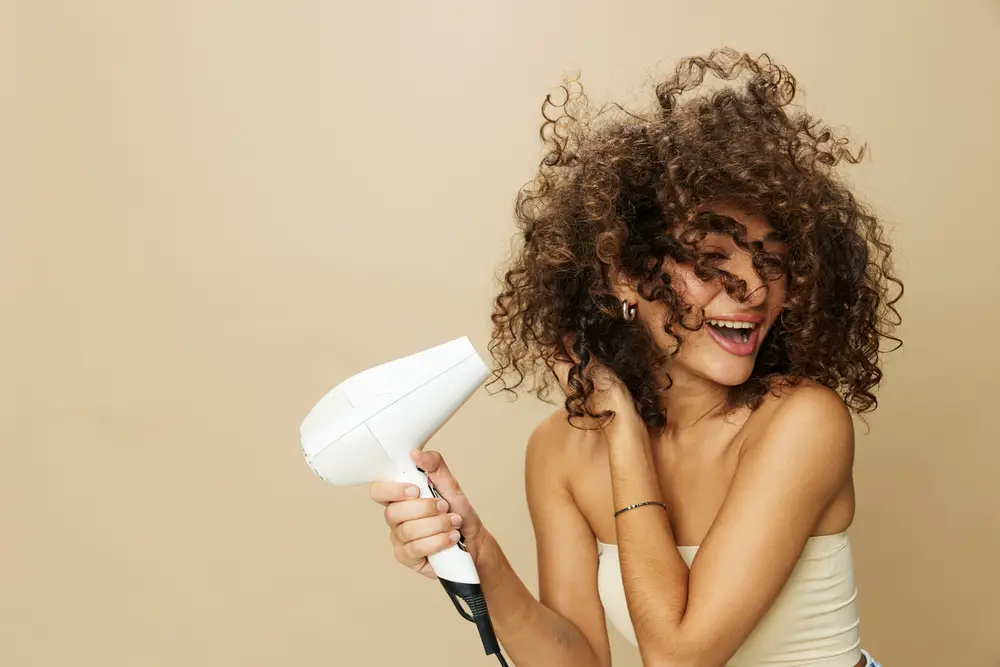
We all love the polished look of straighteners, curling wands, and blow dryers, but excessive heat styling can wreak havoc on your hair. Regular exposure to high temperatures weakens the hair shaft, making it more prone to split ends, breakage, and overall thinning. Over time, this can leave your hair looking dull, dry, and significantly less voluminous.
The best way to protect your strands is to cut back on heat styling as much as possible. On days when you don’t need perfectly styled hair, let it air dry or use heat-free styling techniques like braiding or foam rollers. When you do use hot tools, always apply a heat protectant spray beforehand to create a barrier against damage. Your hair needs a break from high temperatures to stay strong and healthy.
8. Toxic Chemical Treatments
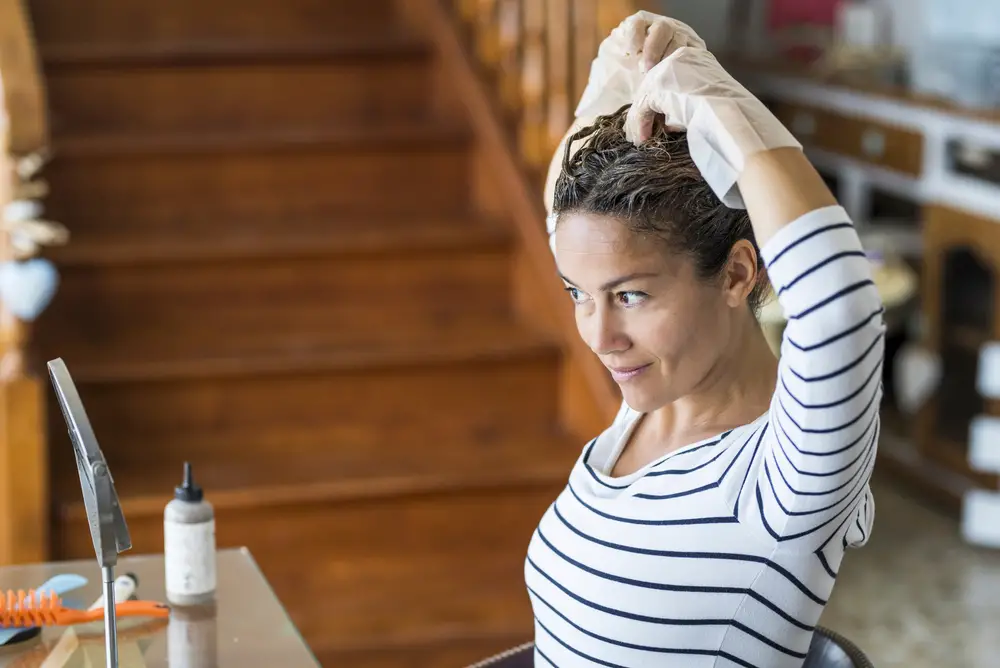
If you regularly dye your hair, get chemical treatments, or use relaxers, you may be exposing your strands to serious damage. Many hair dyes and chemical straighteners contain ammonia, peroxide, and other harsh ingredients that weaken the hair structure. Over time, these chemicals degrade the follicles, leading to dry, brittle strands that eventually break off.
If you love coloring your hair, opt for gentler, ammonia-free dyes or temporary vegetable-based alternatives. Give your hair extra nourishment with deep conditioning treatments and oils like coconut or castor oil. If you use chemical relaxers, stretch out the time between treatments and always follow up with intensive hydration to maintain your hair’s strength. Protecting your hair from harsh chemicals will help keep it thick and healthy for years to come.
9. Taking Certain Medications

Certain medications can have unexpected side effects, and unfortunately, hair loss is one of them. Chemotherapy is the most well-known culprit, but other medications—like antidepressants, birth control, blood pressure pills, and even acne treatments—can cause excessive shedding. These drugs can disrupt the hair growth cycle, pushing follicles into a resting phase that results in increased hair fall.
If you suspect your medication is causing hair loss, don’t stop taking it without speaking to your doctor. There may be alternative prescriptions with fewer side effects, or you might be able to support your hair with keratin supplements, biotin, and essential vitamins. The sooner you address the issue, the better your chances of minimizing hair thinning.
10. Biological Aging

Aging is inevitable, and unfortunately, so is age-related hair thinning. As we get older, our hair growth slows down, strands become finer, and hair follicles shrink, leading to less density overall. This process accelerates with hormonal changes, especially during menopause, making it harder to maintain thick, healthy hair.
While you can’t stop aging, you can take steps to slow down premature thinning. A nutrient-rich diet, regular exercise, and reducing stress can all help preserve hair health. Scalp massages with essential oils like rosemary and peppermint can also stimulate blood flow and encourage growth. Healthy habits will help keep your hair looking fuller for longer.
11. Being Under Or Over Weight

Your weight can have a surprising impact on your hair health, especially if you experience sudden or extreme changes. Rapid weight loss, whether through intense dieting, illness, or surgery, can put your body into a state of stress, leading to temporary hair shedding. When you lose a significant amount of weight quickly, your body redirects nutrients to essential functions—like keeping your heart and brain working—rather than supporting hair growth. If you’ve noticed increased shedding after dropping pounds, it may be due to a condition called telogen effluvium.
According to Women’s Health, excess body weight increases oxidative stress and inflammation, which can interfere with follicle regeneration. To maintain healthy hair, aim for a balanced diet with plenty of protein, iron, and vitamins to support hair growth. If you’re trying to lose weight, do it gradually and in a way that prioritizes nutrient intake so your hair doesn’t suffer in the process.
12. Taking Birth Control
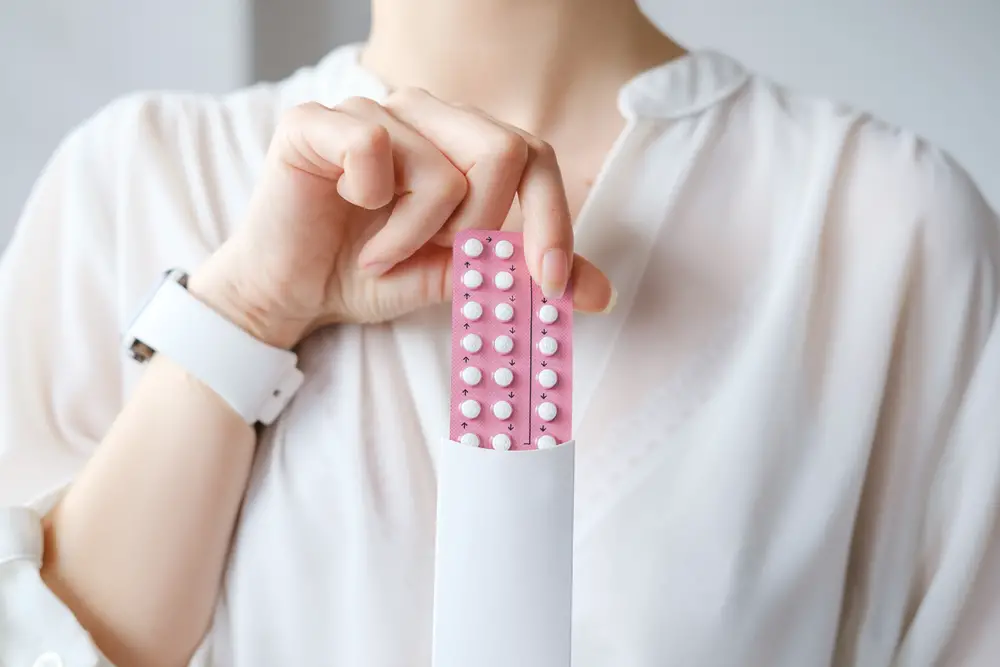
Hormonal changes are a major contributor to hair loss, and for many women, birth control is a hidden trigger. Starting or stopping hormonal contraception can throw your body off balance, leading to increased shedding. Some women experience hair loss after going off the pill, while others notice thinning when they first start taking it. This happens because birth control affects estrogen and progesterone levels, which play a role in the hair’s growth cycle.
If you suspect your contraception is affecting your hair, talk to your doctor about switching to a lower-dose or non-hormonal alternative. In the meantime, support your hair with a diet rich in vitamins and minerals, and consider adding a supplement specifically designed for hormonal balance. The good news is that this type of hair loss is usually temporary, and once your body adjusts, your hair should start growing back.
13. Environmental Aggressors

Your hair is constantly exposed to the elements, and just like your skin, it can suffer from environmental damage. Extreme weather, pollution, UV rays, and toxic chemicals in the air can weaken hair strands, making them more prone to breakage and fallout. Over time, exposure to environmental stressors can strip hair of its natural oils, leaving it dry, brittle, and more susceptible to thinning. If you live in a big city, smog and air pollution can also clog hair follicles, reducing hair growth and leading to premature shedding.
To protect your hair from environmental damage, be mindful of how much time you spend outdoors in harsh conditions. Wearing a hat on sunny days, using hair products with UV protection, and rinsing your hair after exposure to chlorine or pollution can all help minimize damage. Consider adding an antioxidant-rich hair serum to your routine to help combat oxidative stress. A little extra care can go a long way in keeping your hair strong and resilient against environmental threats.
14. Smoking Cigarettes And Vaping
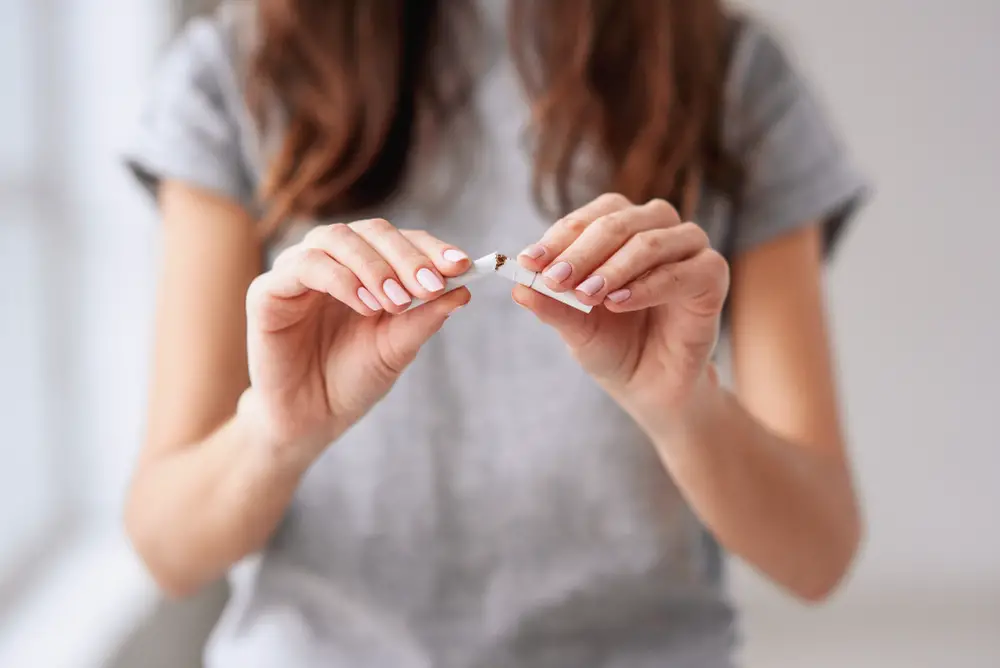
We all know smoking is bad for your health, but did you know it can also accelerate hair loss? Cigarettes and vaping reduce blood circulation, which means less oxygen and nutrients reach your hair follicles. Over time, this weakens the hair’s ability to grow and can even lead to permanent follicle damage. Smoking also contributes to oxidative stress, which speeds up aging and weakens hair structure, making strands more prone to falling out.
If you’re serious about keeping your hair healthy, quitting smoking is one of the best things you can do. The longer you smoke, the more long-term damage you risk, but the good news is that once you stop, your body will gradually recover. Blood circulation improves, oxygen levels increase, and your follicles have a better chance of regenerating. Pair quitting with a nutrient-dense diet and a scalp care routine to give your hair the best shot at growing back stronger.
15. Sleep Disturbances
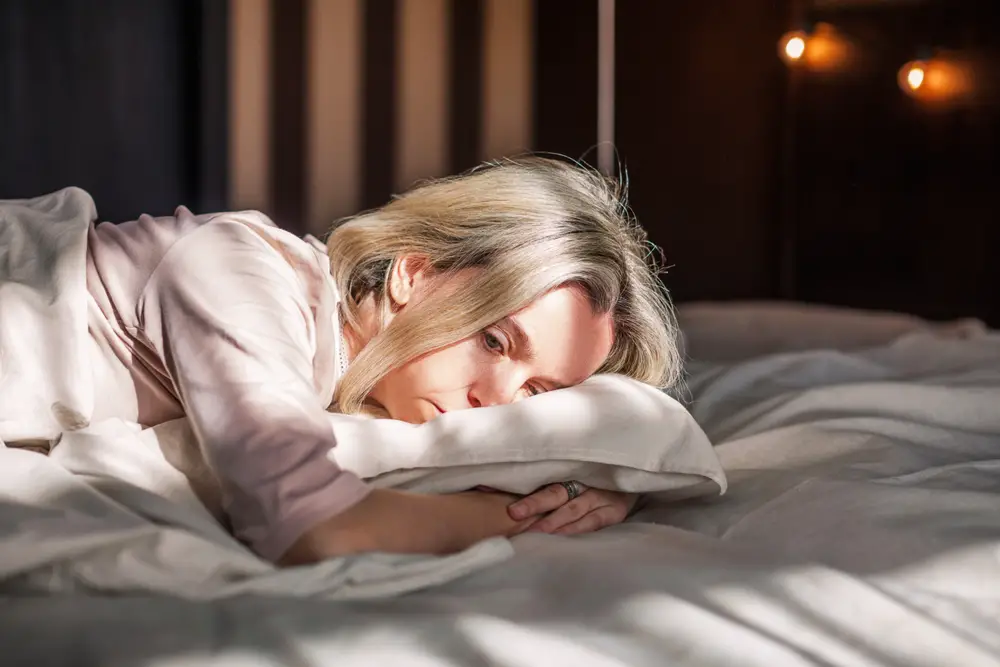
Sleep is essential for overall health, but it’s also a crucial time for your body to repair and regenerate—including your hair follicles. Chronic sleep deprivation increases stress hormones like cortisol, which can disrupt the hair growth cycle and lead to increased shedding. Poor sleep also weakens the immune system, making it harder for your body to fight off inflammation and oxidative stress that contribute to hair loss.
To keep your hair healthy, prioritize good sleep habits. Aim for 7-9 hours of uninterrupted sleep each night, and create a bedtime routine that helps you wind down. Avoid screens before bed, reduce caffeine intake in the evening, and practice relaxation techniques like deep breathing or meditation. If your sleep is consistently poor, talk to a doctor to rule out underlying health issues.


